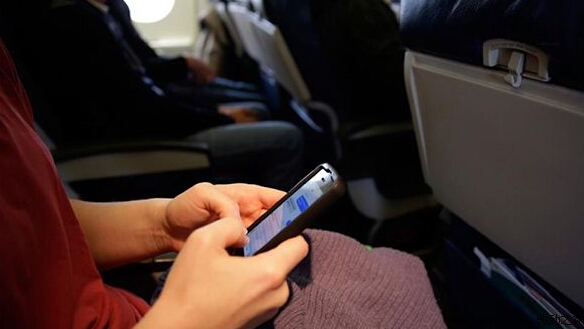New material discovered to filter PM 2.5 particles
The latest publication of Nature has highlighted a discovery headed by Professor Wang Bo from the Beijing Institute of Technology, whose team created a membrane made from metal-organic frameworks (MOFs) to filter PM2.5 particles.
According to Wang, the porous crystallization material is a compound of organic monomers and metal ions, which can catch and dissolve the small particles, and evaporative Volatile Organic Compound (VOC).
The team has by now applied the crystallized compound to the surfaces of textiles, foam materials, plastics and steel meshes.
The material is probably the most powerful filter yet and can absorb and store more than 10 times the number of molecules as currently available filters.
It can also morph the pollutants into carbon dioxide and water when catalyzed under sunlight—a sustainable and zero polluting way—to ensure the purification of the air, with a rate as high as 99 percent.
The material can lower pollution caused by PM2.5 and PM10 to 0.5 percent, and the rate will only be affected when the temperature rises to as high as 200 degrees Celsius. It is expected to be applied to reduce the polluted particles from dust bags of vacuum cleaner, exhaust pipes of automobiles and particles produced from manufacturing bases. It can also dissolve massive VOC.
According to Wang, his team plans to apply their discoveries to air purifiers and screen windows, and to reduce industrial emissions.
Wang Xun, dean at the Chemical School of Tsinghua University, said the discovery is significant in view of the country’s efforts to reduce smog and improve air quality.
“Its application will be broad and extensive,” Wang said.
